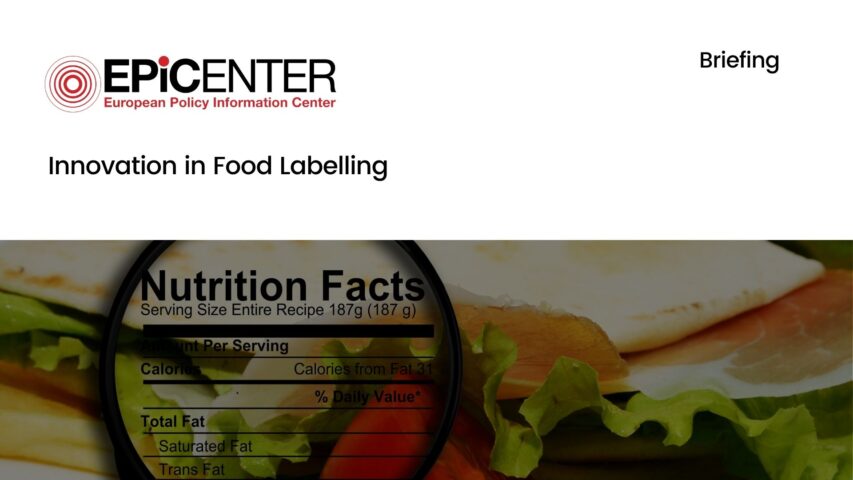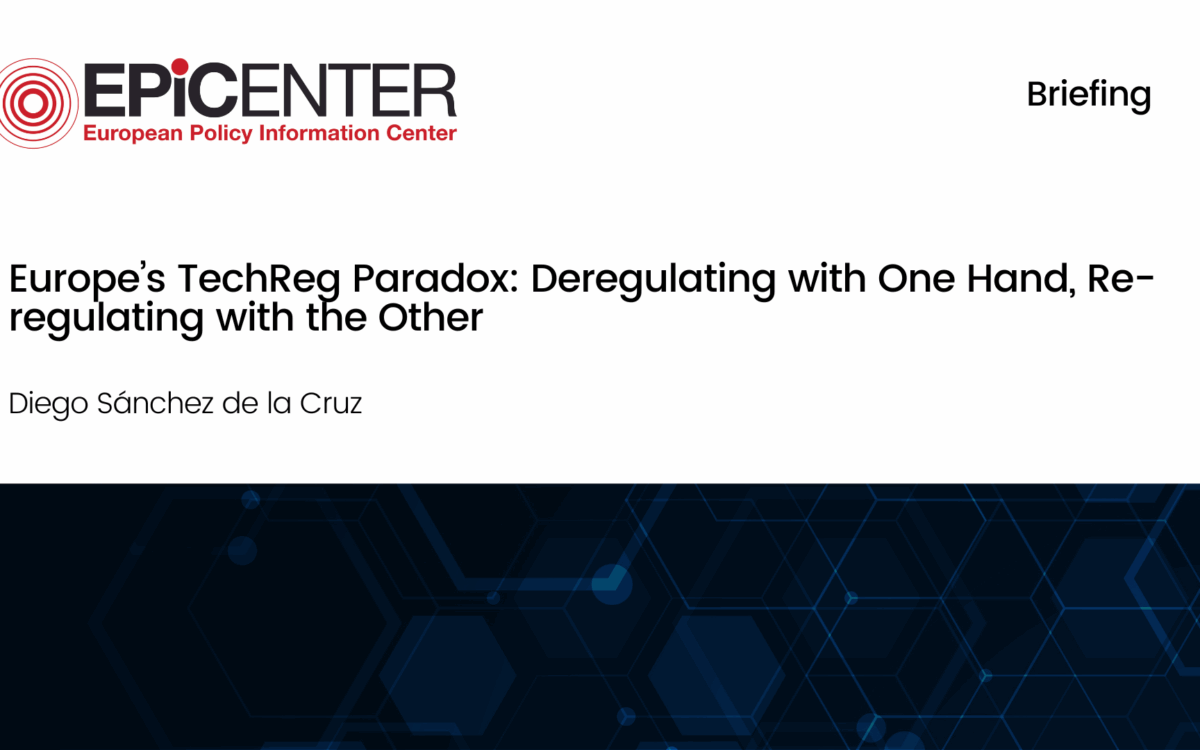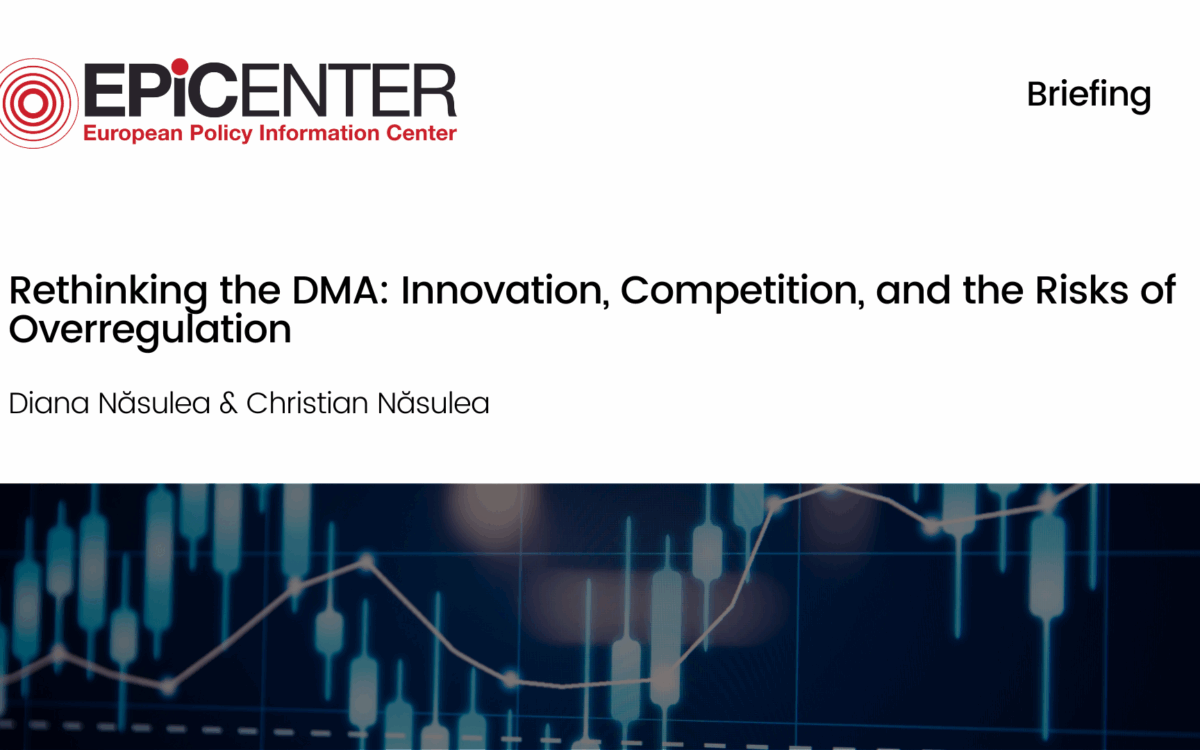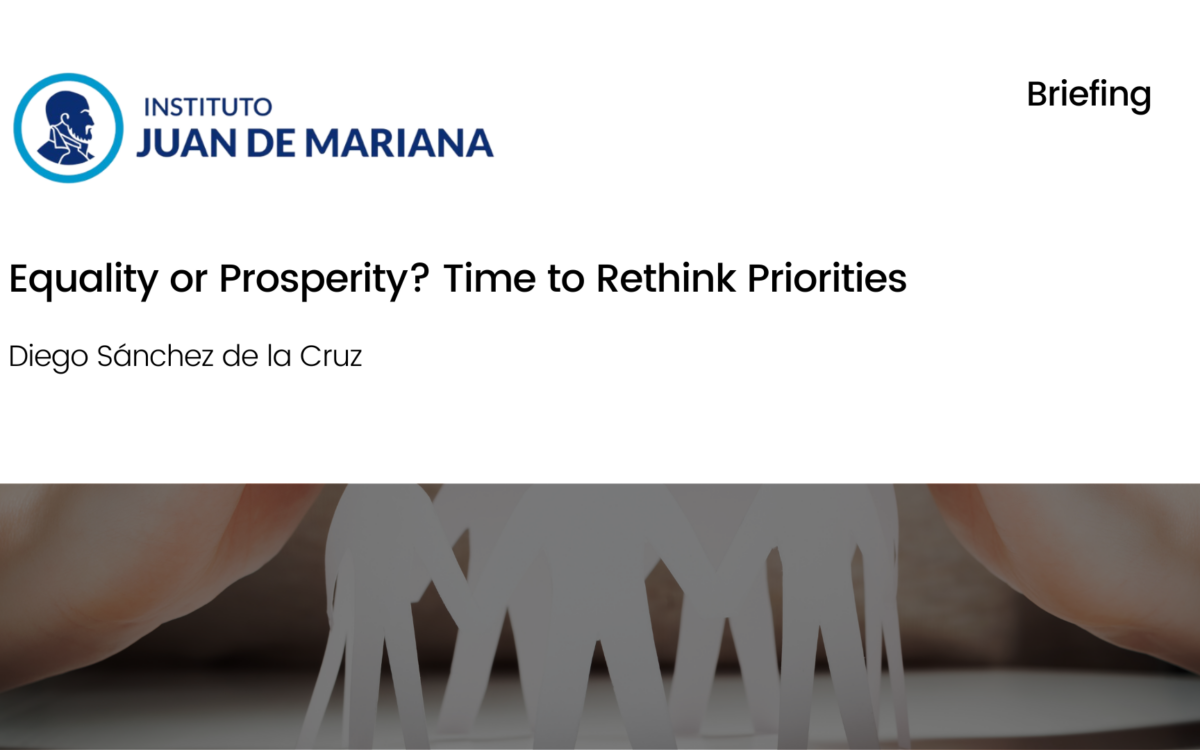Innovation in Food Labelling

Innovation in Food Labelling
October 2016
Geographical Indications
According the European Commission, a Geographical Indication (GI) is “a distinctive sign used to identify a product as originating in the territory of a particular country, region or locality where its quality, reputation or other characteristic is linked to its geographical origin.” Under the system of GIs, the European Union has protected over 3,300 food and wine names with, as of 2010, an estimated value of €54.3 billion. The argument is that GIs are a useful intellectual property right, carry cultural and economic value, benefit local communities and support rural development.
However, GIs disadvantage substantially similar, even superior products in the market thereby undermining competition, misleading consumers and hindering producers. GI policy has become an obstruction in trade deal negotiations, most notably contributing to the stalling of TTIP negotiations.
Download or share this publication
View the PDF
EPICENTER publications and contributions from our member think tanks are designed to promote the discussion of economic issues and the role of markets in solving economic and social problems. As with all EPICENTER publications, the views expressed here are those of the author and not EPICENTER or its member think tanks (which have no corporate view).



